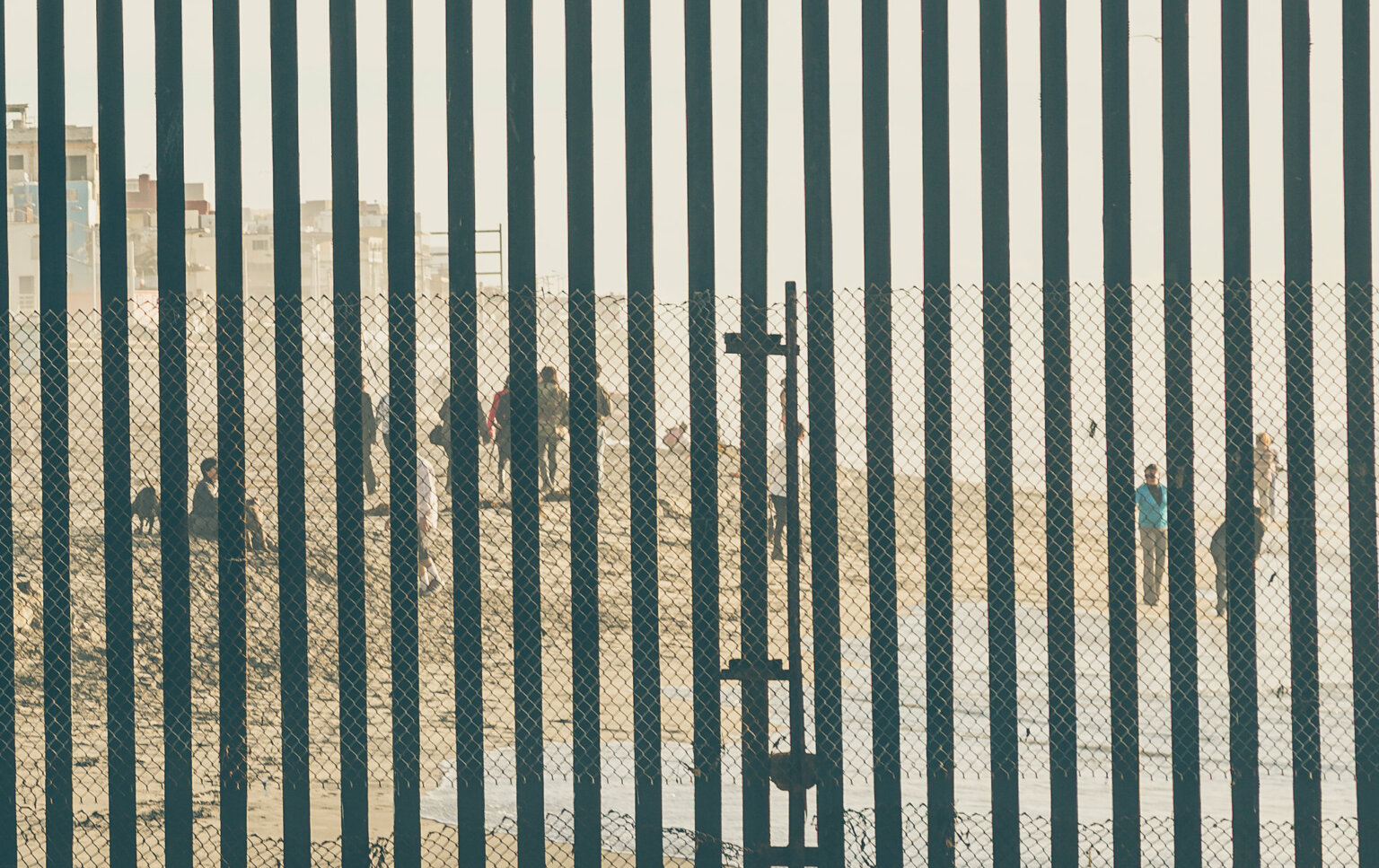- About
- Topics
- Story
- In-Depth
- Picks
- Opinion
- News
- Donate
- Signup for our newsletterOur Editors' Best Picks.Send
Read, Debate: Engage.
| topic: | Human Rights |
|---|---|
| located: | Cuba, Argentina, Brazil, Chile, Peru, Colombia |
| editor: | Ellen Nemitz |
A review of the past 12 months reveals 2022 as a challenging year for Latin America. Countries of the region dealt altogether with the long-lasting economic effects of the COVID-19 pandemic and the war in Ukraine. Moreover, Brazil, Chile, Peru and others faced troublesome processes in politics. In addition, gun and gang violence, as well as environmental disasters, threatened humans and other living beings.
Despite a gloomy overall scenario, a look-back at the year can also give us some reasons to celebrate the upcoming Human Rights Day, on 10 December.
Perhaps one of the main victories has come from Cuba, where a historic referendum has rewritten the understanding of family. Since September, same-sex couples in Cuba have gained the rights to marriage and adoption, while other family rights have been granted to grandparents, for instance - decisions that faced resistance among conservative evangelicals. The first same-sex marriages have already taken place on the island, which represents a huge advance for LGBTQ+ rights.
Another celebrated decision came from Colombia, which has legalised abortion. The quite unusual ruling has come under attack since abortion was approved for pregnancies up to 24 weeks, compared to the 12 or 14 weeks allowed in other parts of the globe. Nevertheless, the decision announced in February has been received with joy by human rights' movements, calling it a "women's triumph.”
Moreover, Latin America has managed to achieve rights for a group of environmental activists in Honduras and an indigenous man in Guatemala, who were released from prison after arrests for protesting for the environment, as reported by Amnesty International.
The president of the Human Rights Council within the United Nations, Federico Villegas, is optimistic about Latin America’s current path towards the guaranteed protection of basic rights for all people. "Let's look at Latin America: which are the countries that have led some of the most important discussions in the Council on Women's Rights; in the renewal of the independent expert on sexual orientation and gender identity; those which, in a geopolitical world so divided, have brought the voice of dialogue and cooperation?" asks Villegas, in an interview with the United Nations. "Therefore, outwardly, Latin America is a great and very important actor, which I am sure will increasingly regain space in human rights discussions."
Within the next 365 days, until the 75th anniversary of the Universal Declaration of Human Rights, the United Nations will carry out the year-long campaign "Dignity, Freedom, and Justice for All", in order to increase global awareness about human rights. Latin Americans are determined to build more reasons to celebrate on 10 December, 2023. Knowing that challenges will remain, unity can be the right response to overcome them.
As stated in the letter signed by 150 organisations gathered at the Human Rights Regional Forum, held in Bogotá, Colombia: "From the legacy in the defence of human rights, we are convinced that there are opportunities to build a new reality for the region together."
Photo by Alexander Schimmeck

